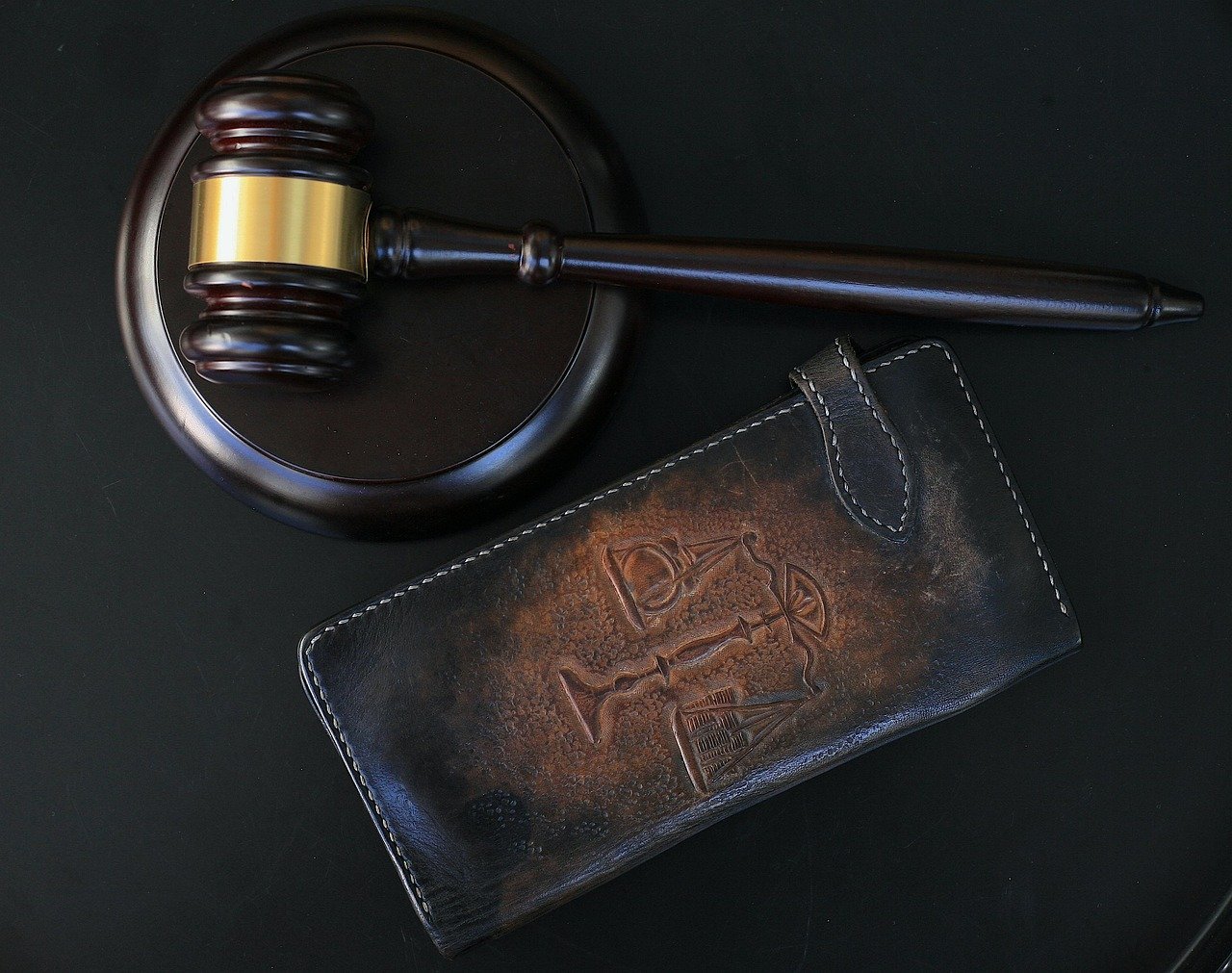Legal disputes and investigations can be stressful and overwhelming, especially if you don’t know your rights or how to navigate the legal system. Whether you’re facing a civil lawsuit, a business conflict, or a criminal investigation, taking the right steps early on can protect your interests and prevent costly mistakes. In this guide, we’ll explore essential ways to safeguard yourself in legal disputes, including when to seek legal advice, how to handle legal communications and the crucial role of a criminal defense lawyer in more serious cases.
Understanding Your Legal Rights
One of the most important ways to protect yourself in a legal dispute or investigation is to understand your rights. Many people unknowingly make their situation worse by speaking too freely or agreeing to terms that work against them.
Some key rights you should always remember include:
- The right to remain silent: If you’re being questioned in a legal matter, you are not required to answer without legal counsel present.
- The right to legal representation: You have the right to consult an attorney before speaking to law enforcement, investigators, or opposing parties.
- The right to review contracts and agreements before signing: Never agree to legal terms without fully understanding them.
Asserting these rights can help prevent misunderstandings, protect your privacy, and avoid self-incrimination. If you’re ever unsure about your legal position, it’s always best to consult an attorney before taking any action.
Gathering and Organizing Documentation
Proper documentation is critical in any legal dispute. Whether it’s a business disagreement, a civil lawsuit, or a criminal investigation, having organized records can make a significant difference in defending yourself.
Key documents you should keep include:
- Contracts and agreements: Any legally binding documents related to your case.
- Receipts and financial records: Proof of transactions or payments that may be relevant.
- Emails and written communications: Any correspondence that may support your claims.
- Police reports or official notices: If law enforcement is involved, keep copies of all reports and legal notifications.
Organizing these documents in a secure place—both physically and digitally—ensures you have the necessary evidence when needed. If you anticipate a legal dispute, start gathering records as soon as possible.
When to Seek Legal Advice
Many people make the mistake of waiting too long before seeking legal guidance. In reality, consulting a lawyer early in a dispute can prevent small issues from escalating into bigger problems.
Here are some situations where legal advice is essential:
- You receive a formal legal notice or summons.
- You’re involved in a contract dispute.
- You’re facing allegations or an investigation.
- A settlement or agreement is being offered to you.
Seeking legal advice doesn’t always mean hiring an attorney for full representation—it can be as simple as scheduling a consultation to understand your options. Many lawyers offer initial case reviews to help you determine the best course of action.
The Role of a Criminal Defense Lawyer
If you are facing criminal charges or being investigated for a crime, securing a criminal defense lawyer is one of the most important steps you can take. Criminal cases have serious consequences, including fines, jail time, and a permanent record, making proper legal representation critical.
A skilled defense lawyer can:
- Protect your rights by ensuring you don’t make self-incriminating statements.
- Build a strong defense by gathering evidence, interviewing witnesses, and challenging the prosecution’s claims.
- Negotiate plea deals to reduce charges or penalties when appropriate.
- Represent you in court and fight for the best possible outcome.
If you or someone you know is facing criminal charges, it’s crucial to act fast. Contact Matt Gould a criminal lawyer in winnipeg, who has experience handling serious cases and can provide the legal defense you need. The sooner you seek legal help, the better your chances of protecting your future.
Handling Legal Communications and Interactions
How you communicate in a legal dispute can impact the outcome of your case. Whether dealing with opposing parties, investigators, or law enforcement, being mindful of your words and actions is essential.
Key tips for handling legal communications:
- Avoid speaking without legal representation: Anything you say can be used against you, especially in criminal investigations.
- Keep interactions professional and documented: Written communication is preferable to verbal discussions, as it creates a record of what was said.
- Do not admit fault or liability without legal advice: Even a simple apology can be misinterpreted as an admission of guilt.
- Be cautious on social media: Avoid posting anything related to your legal situation, as it can be used as evidence.
A lawyer can guide you on how to handle specific interactions, ensuring you don’t unknowingly harm your case.
Staying Proactive and Informed
Legal disputes and investigations can be long and complex, but staying informed and proactive can help you manage the process effectively.
Ways to stay proactive in legal matters:
- Educate yourself on relevant laws and regulations.
- Keep track of important deadlines and court dates.
- Follow up with your attorney and provide any requested documents or information.
- Stay calm and composed, avoiding emotional reactions that could work against you.
Taking control of your legal situation and staying engaged in the process will help you navigate the system with confidence.
Conclusion
Protecting yourself in legal disputes and investigations requires knowledge, preparation, and the right legal support. By understanding your rights, keeping proper documentation, and knowing when to seek legal help, you can avoid common pitfalls and secure the best outcome. If you find yourself facing criminal charges, don’t hesitate to get professional assistance—your future may depend on it. Acting quickly and wisely can make all the difference in resolving your case successfully.











